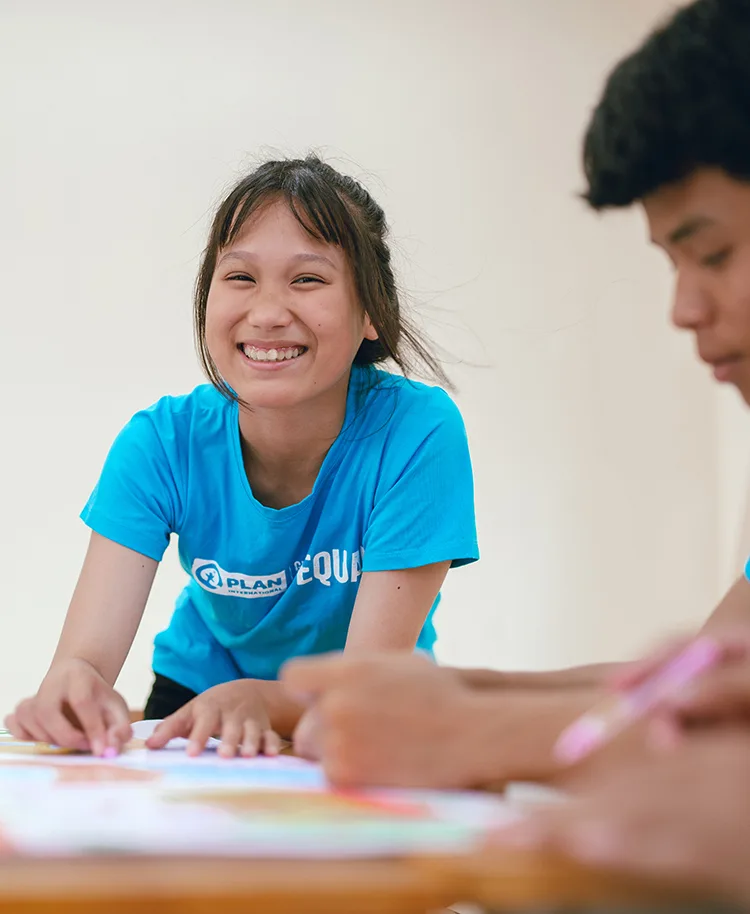causes of child marriage
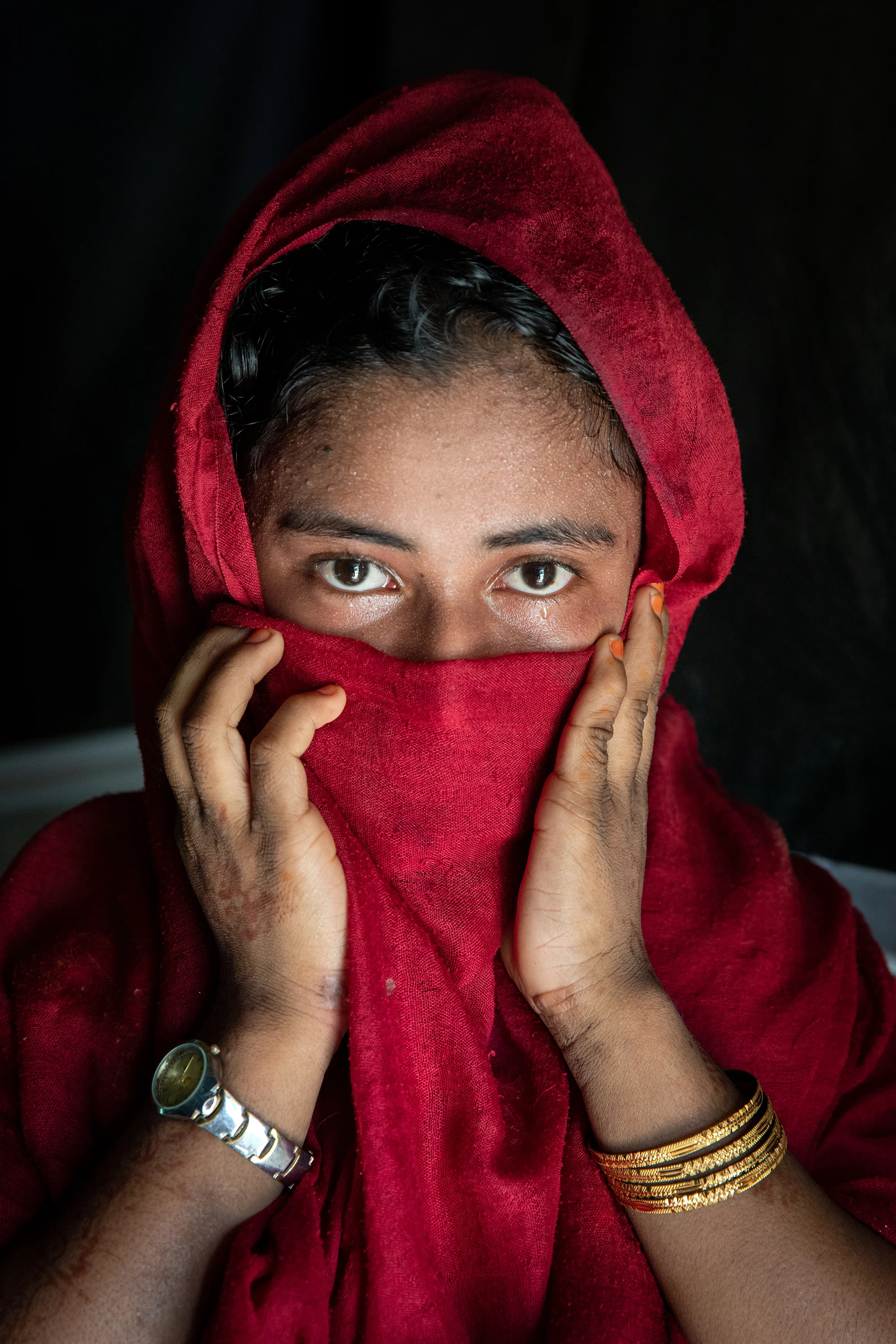
Around 650 million women and girls alive today were married as children, and on current projections 150 million more girls will be married by 2030.
There has been significant progress on bringing to an end the harmful practice of child marriage. Ten years ago, 23% of women aged 20 – 24 were married before they were 18. That figure has dropped to 19% today. But if this progress is not accelerated, the world will not meet the Sustainable Development Goal 5 of gender equality by 2030.
Child marriage is a truly global and complex issue, impacting girls and communities across cultures. There are, however, common threads that that drive child marriage and can influence its prevalence in a community.
gender inequality
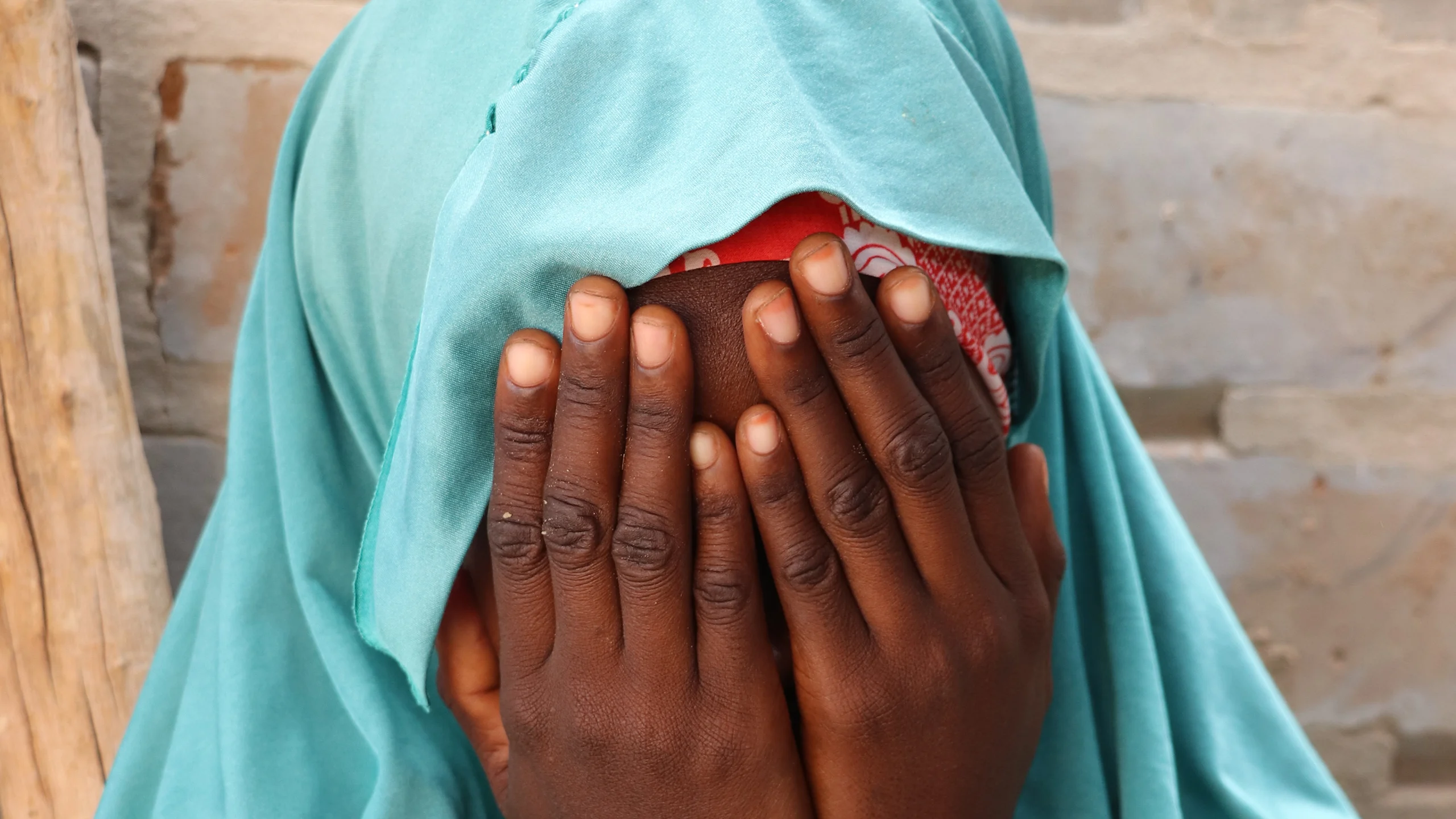
Girls should be free to choose when and who they marry.
However, in some communities, entrenched gender inequality and enforced gender roles can perpetuate the practice of child marriage.
In the West African country of Mali, 54% of girls are married before they their 18th birthday.
I was given in marriage at the age of 15 when I was in 5th grade. I didn’t know my husband, no one asked my opinion.
Mariam* is now 18, and the mother of a two-year-old girl.
In Mali, some parents marry off their daughters at a young age, partly in the belief of a ‘better life’, but also due to poverty and gender inequality. The practice reduces the economic burden on already stretched families, and also by forcing the marriage earlier they are able to ask for a higher bride dowry.
This reinforces the belief that girls are the property of their husbands.
For Mariam, her early marriage has meant that she had to drop out of school.
I fell behind in my studies. I had to repeat two classes because I had to help my parents in the field during the growing seasons. This was the case in both the 4th and 5th grade.
Thanks to her determination, and with the support of Plan International, Mariam is now back at school and hoping to continue her studies.
I can't think of any reason why my parents wanted to give me away in marriage. I think adults don't value girls' education. I sincerely wish to pass my exam and continue my studies. I want to join a health school even though I know that with my parents and especially my in-laws it won't be easy.
The World Bank estimates that achieving universal female secondary education could virtually eliminate child marriage and reduce the prevalence of early childbearing by up to 75 per cent.
*Name changed to protect identity.
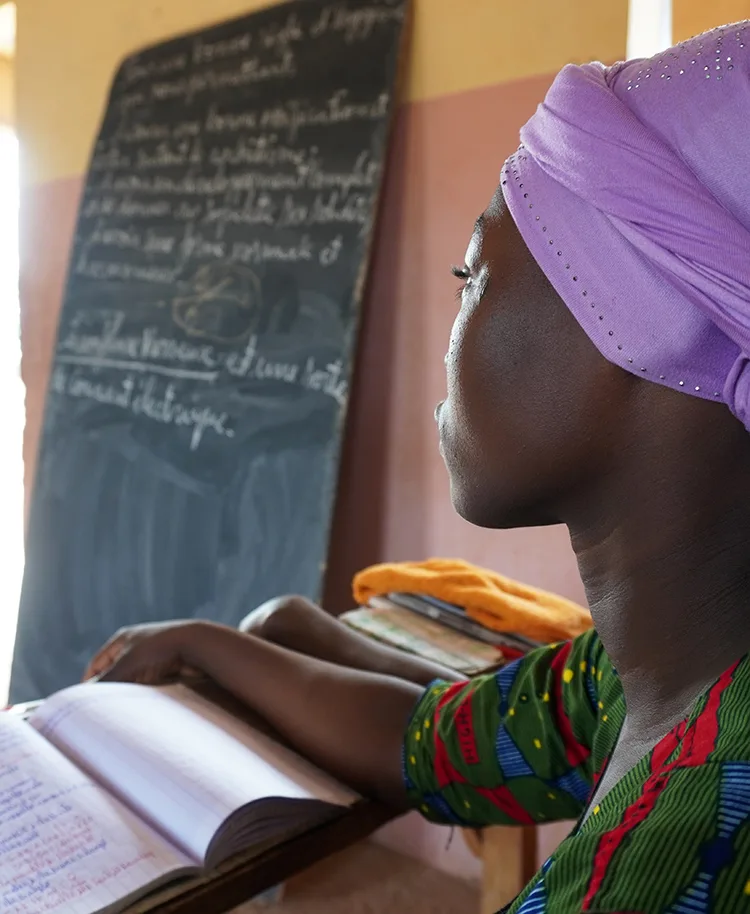
poverty

Families that are facing poverty and extreme stress can see early marriage of daughters as a means to reduce their economic burden, gain financial security for the family, and in desperate situations it is sometimes seen as a matter of survival.
In some contexts, marriage and becoming a mother is considered girls' only option in life, which further exacerbates the practice.
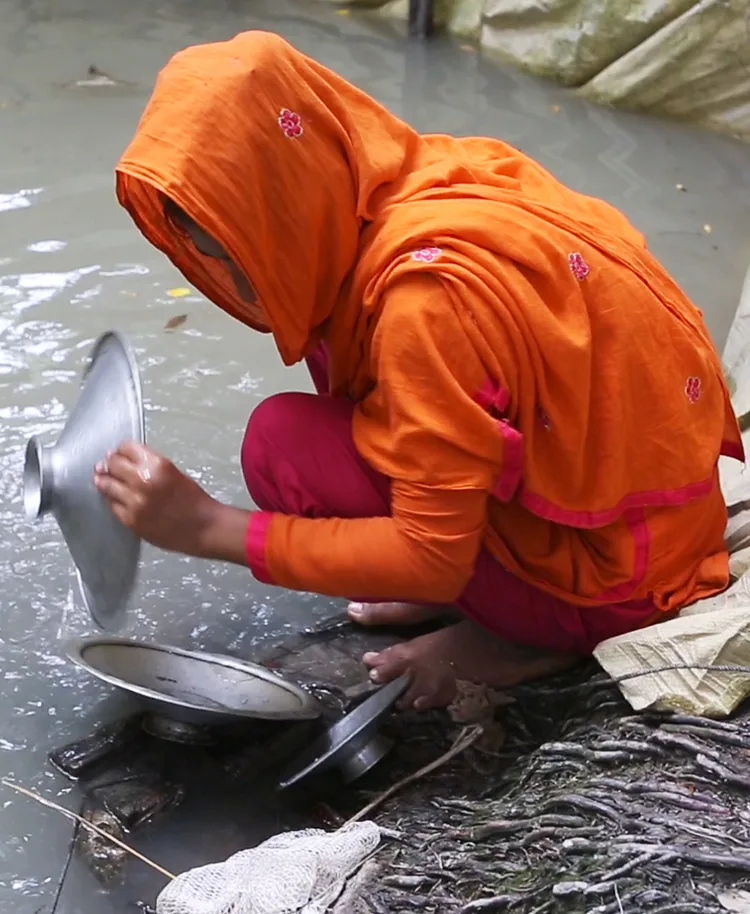
When 17 year old Keya* was only 13, her family started to receive offers of marriage.
When I was in class eight, a lot of marriage proposals started coming in for me. I belong to a small and poor family. In families like ours, girls are married off at an early age.
It became increasingly hard for Keya’s family to resist these offers, due to their precarious financial situation.
I asked my parents to leave my marriage until after I completed my secondary school board exams but my family told me ‘We are a small and poor family. Your father is not a rich person. It’s better that we marry you off. Your father will not be able to continue paying for your study much further. So, it’s better if you get married now.
Bangladesh has some of the highest rates of child marriage in the world, with nearly 18% of girls married before they turn 15. Keya was married at 14 years of age, and was forced out of school by her new in-laws.
I got married at such an early age, and my husband was not a well-behaved person. Then I was told that I would not be able to continue my studies anymore. My in-laws’ logic was that as I was married I should stay at home. Why should I continue my studies?
After constant abuse at the hands of her husband, and her determination to continue her studies, Keya left her husband, has returned home to live with her parents and is now back at school.
*Name changed to protect identity.
humanitarian crises and insecurity

There is a strong correlation between child marriage and humanitarian crises.
Twelve out of the 20 countries with the highest child marriage prevalence rates face the most severe humanitarian crises. Climate change induced droughts in Africa, conflicts around the globe and the impacts of COVID-19 are all putting girls at greater risk.
Conflict, natural disasters, climate change and food insecurity, and the displacement of families and communities that often follows, all help to drive child marriage rates. Girls become more vulnerable as families see child marriage as a way to cope with increased economic or food insecurity, and any existing social or protective systems break down.
Faced with being forced to into an unwanted marriage at the age of just 15, Nana* made the impossible and courageous decision to flee her home.
When I saw my parents' determination to force me into marriage, I decided to run away. I preferred to take the risk of walking for seven days and nights through the bush in hunger than to get married and go through hell.
Originally from Nigeria, Nana and her family had fled to Niger's Diffa region to escape increased conflict and violence in Nigeria. However, the conflict in the Lake Chad region of West Africa soon spilled over into Diffa, making the southern areas of Niger increasingly insecure.
Adolescent girls and young women are the worst affected by the crisis in the region, with the conflict making them susceptible to abductions, and physical and sexual assault.
Child marriage remains a deeply rooted social norm in Niger, and is seen by some parents as a way of protecting their daughters from abduction. It often only exposes them to more violence.
I don't want to get married because I don't feel mature enough for marriage. Girls my age who have married in my village are suffering. They live in violence and I don't want to be like them.
An emergency education and protection program, implemented by Plan International, is providing communities and girls like Nana with family mediation, along with psychosocial, medical and psychological support.
I now live in another village in Diffa with my aunt.. she supported me a lot, giving me advice and doing everything to protect me. I don't plan to go back to my parents anytime soon, I know they are sticking to their decision to marry me off without my consent.
*Name changed to protect identity.
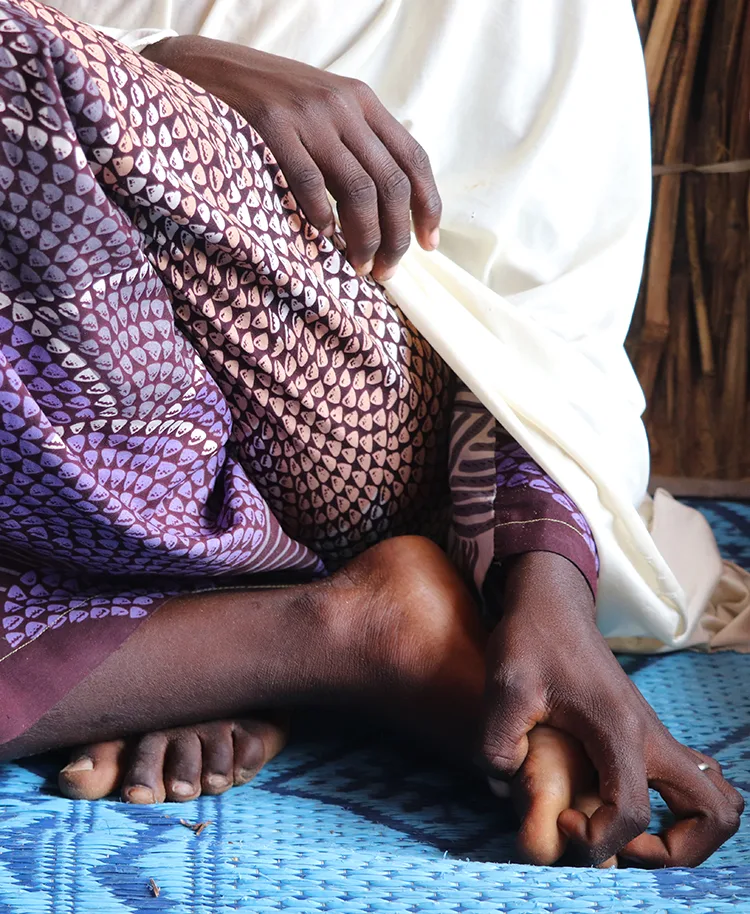
Plan International is currently working to end the practice of child marriage. Your support can help to:
- Train case workers who can intervene in suspected cases of forced child marriage.
- Create safe spaces, education and support networks so girls are supported to refuse marriage and build their own lives.
- Provide medical treatment and counselling to help girls recover from child marriages.
- Boost Plan International’s bold 5-year campaign to end forced and child marriage in the Asia-Pacific region.
help girls say no to child marriage



